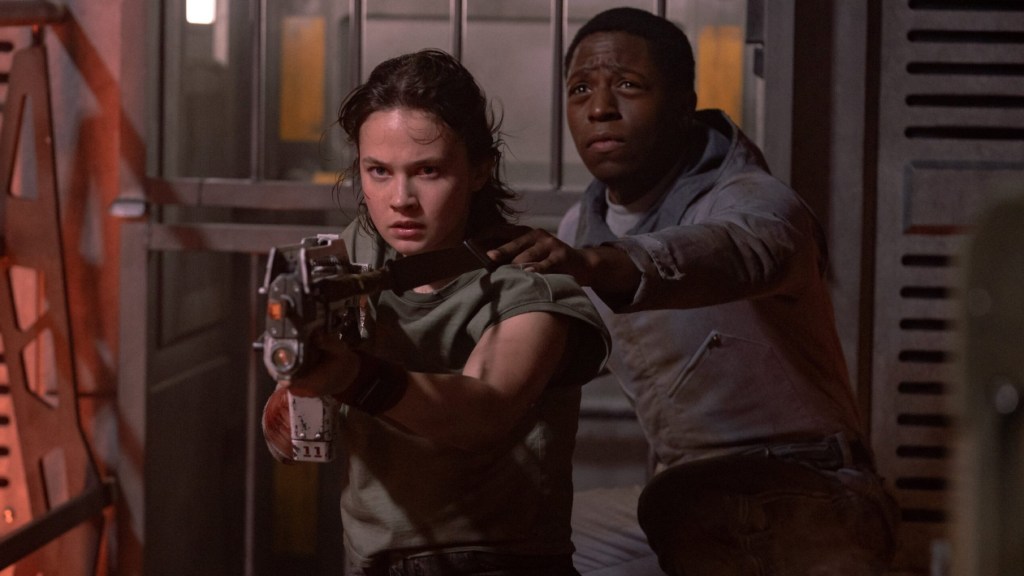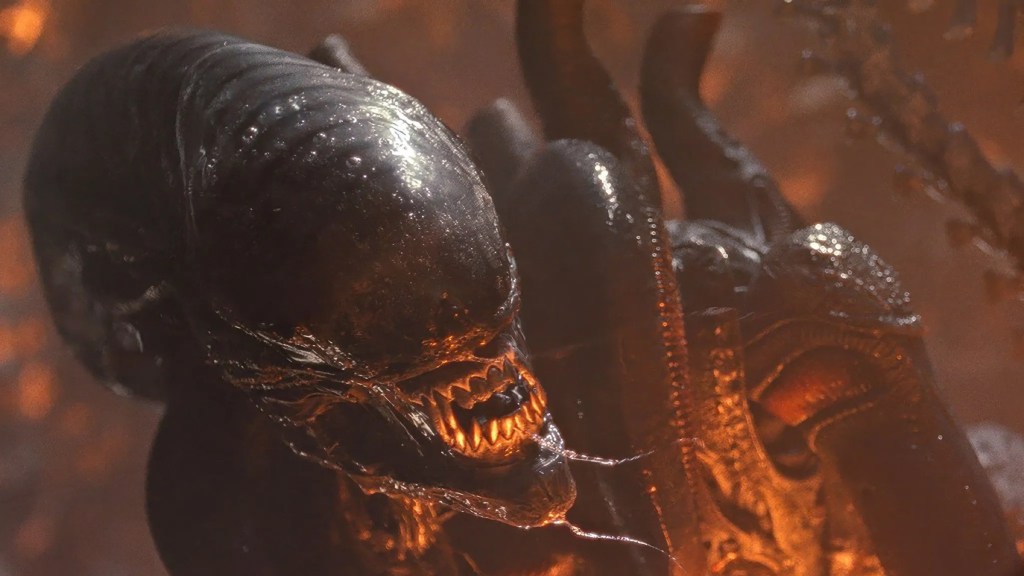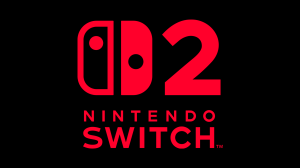Dan Trachtenberg’s Predator: Badlands is shattering expectations, delivering a massive opening weekend that sets a new record for the franchise. The film debuted with an impressive $40 million in North America and an $80 million global total, immediately signaling a powerful audience connection. This commercial success is matched by strong critical and fan reception, with the movie earning the highest CinemaScore in the series’ history and overwhelmingly positive reviews. Trachtenberg’s latest installment steers the saga away from pure horror and deeper into the realm of science fiction adventure, expanding the lore by giving fans a deeper dive into Yautja culture. This creative pivot proves that the Predator franchise can serve as a compelling umbrella for vastly different kinds of stories, a feat that has revitalized the nearly forty-year-old property.
Videos by ComicBook.com
The success of Badlands is not an isolated incident but the culmination of a carefully orchestrated revitalization. Trachtenberg has helmed two other successful projects that laid the groundwork for this current cinematic peak. First Prey was a critical triumph, praised for its character-driven narrative and fresh spin on the original film’s jungle survival concept. After that, the animated film Predator: Killer of Killers further broadened the universe by showcasing a variety of Yautja warriors, each with unique tools and fighting styles, hinting at a much larger and more diverse culture.

After decades of inconsistent entries, these three consecutive successes have placed the franchise in its strongest position ever. With Badlands explicitly featuring the Weyland-Yutani corporation from the Alien films, it seems inevitable that a new Alien vs. Predator crossover is being considered. For that crossover to truly work, however, the Alien franchise needs to undergo a similar evolution.
The Alien Franchise Is Stuck in the Past

The Alien franchise has navigated troubled waters in recent years. Ridley Scott’s prequel films, Prometheus and Covenant, were met with a deeply divided reception, and while Fede Álvarez’s Alien: Romulus was more favorably reviewed, it was also seen as a “back-to-basics” effort that, while effective, did little to innovate. Critics noted that Romulus honored its predecessors but failed to assert a distinctive identity, leaning heavily on familiar themes and callbacks rather than expanding the mythology in a meaningful way. Similarly, the recent television series Alien: Earth received praise for its visuals and confident direction but was also criticized for a script that struggled with pacing and for its prequel status, which inherently limits its ability to push the overarching narrative forward.
This stands in stark contrast to what the Predator franchise has been doing. Trachtenberg has been taking massive creative risks, telling stories that stand on their own without being overly reliant on nostalgia. Prey was a period piece, Killer of Killers was an animated anthology, and Badlands is a sci-fi adventure with a Yautja protagonist. Each project has felt distinct and has actively worked to build out the universe’s lore in new directions. For a new crossover to succeed, the Alien franchise must embrace a similar spirit of change and offer something new. Otherwise, the Xenomorphs risk being reduced to mere monsters for the Yautja to hunt, resulting in a story that is fundamentally focused on the warrior alien culture that Predator has so successfully developed. A truly meaningful crossover requires both franchises to be at their creative peak, and right now, one is lagging behind.

After the divisive prequels, it was logical for Alien: Romulus to play it safe, reassuring audiences with a familiar formula. That strategy paid off, as the film became a financial success, grossing over $350 million worldwide. This financial success is crucial because it provides the next installment with the creative leeway that Romulus did not have, presenting a prime opportunity to experiment with new concepts. This success has paved the way for a sequel, which is currently in development. While Álvarez is not returning to direct the Alien: Romulus sequel, he wrote the script and will serve as a producer alongside Ridley Scott. Álvarez has stated that he penned the sequel to protect the new characters, Rain (Cailee Spaeny) and Andy (David Jonsson), ensuring their story continues. As of now, a new director is being sought, and no release date has been set.
Predator: Badlands is currently in theaters.
How do you think the Alien franchise should evolve to prepare for a new crossover with Predator? Leave a comment below and join the conversation now in the ComicBook Forum!









